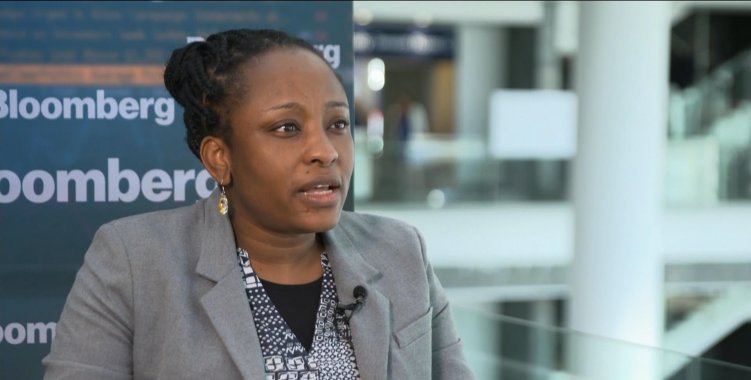"We don't use the word 'distress', but we are not very comfortable with the level of debt we have," said Aia-Eza Nacília Gomes da Silva, during the launch session of the African Development Bank (AfDB) report on the outlook. for this year.
The hour-and-a-half discussion, which also involved the Nobel Prize in Economics Joseph Stiglitz and ADB President Akinwumi Adesina, in addition to the other financial representatives of the continent, reviewed the weaknesses of the Debt Service Suspension Initiative ( DSSI) and the need for a comprehensive solution involving private creditors, which hold the most expensive part of the debt of African countries.
"The developed countries are dealing with the crisis in a very different way than ours, with a more supportive environment, they have huge amounts of money that they have injected into the economy, and we have welcomed and supported the DSSI, but I cannot agree more [with the other speakers at the conference] that this initiative served to countries when it was thought that the pandemic environment would not last long ", added the minister, who is responsible for Budget and Public Investment in the Ministry of Finance.
"Having arrived at this new reality, even with vaccines, no one knows what life will be like, so it is time to think about a deeper and more lasting solution than DSSI, which, yes, helps, but it does not arrive", concluded Ayia- Eza da Silva.
The intervention of the minister took place at the launching session of the report of the African Development Bank (AfDB) on the 'Economic Perspectives for Africa 2021', which has as its theme 'From debt resolution to growth: the way of Africa', and which was launched in virtual format from Abidjan.
In it, the ADB estimates growth of 3.2 percent for the continent, slightly above the forecast of 3.1 percent for Angola's economic growth in 2021.
Joseph Stiglitz argued that the contracts that regulate public debt to private creditors should be redone due to the devastating consequences of the covid-19 pandemic, particularly in Africa.
"If there was ever a change where the legal principle of 'force majeure' and necessity were relevant, this is it," argued the American economist during the release of the report.
"When events like this of the pandemic happen, contracts have to be restructured, people cannot be forced to honor contracts that do not take into account the inconceivable effects of a pandemic. This is precisely the kind of circumstance that governments in advanced countries they use in contingencies of this kind, and that is what should be done more generally, "said Stiglitz after arguing that suspending debt payments is not enough.
"Nobody realized how deep the pandemic was going to be, in April last year it was thought that the suspension of debt payments [through DSSI] until June would be enough, but it has been going on for a year and it was realized that a moratorium is not enough, restructuring is needed ", he added.
The continent "is expected to recover from its worst economic recession in half a century due to the pandemic, growing 3.4 percent in 2021, which followed a 2.1 percent contraction last year," the report reads.
DSSI is an initiative launched by the G20 in April last year that guaranteed a moratorium on debt payments from the most indebted countries to more developed countries and multilateral financial institutions, with an initial deadline until December 2020, which was then extended until June this year, with the possibility of a new extension for six months.
This initiative only suggested to countries to seek debt relief from the private sector, while the Common Framework, approved by the G20 in November, argues that it is mandatory that private creditors be approached, even if it does not explicitly say what happens if there is no agreement between the debtor and the creditor.
The proposal put forward by the G20 and Paris Club in November is the second phase of the DSSI, launched in April, and which was widely criticized for not requiring private individuals to participate in the effort, as it would pave the way for indebted countries not to pay creditors. and bilateral (countries and multilateral financial institutions) and continue to serve private debt.
This Framework aims to bring all debt agents to the field, including China's private and public banks, which have become the largest creditors of developing country governments, including Africans.







